Price Capping Formula Introduced For Phosphatic & Potassic Fertilizers
Updated: Jan 31, 2024 03:26:42pm
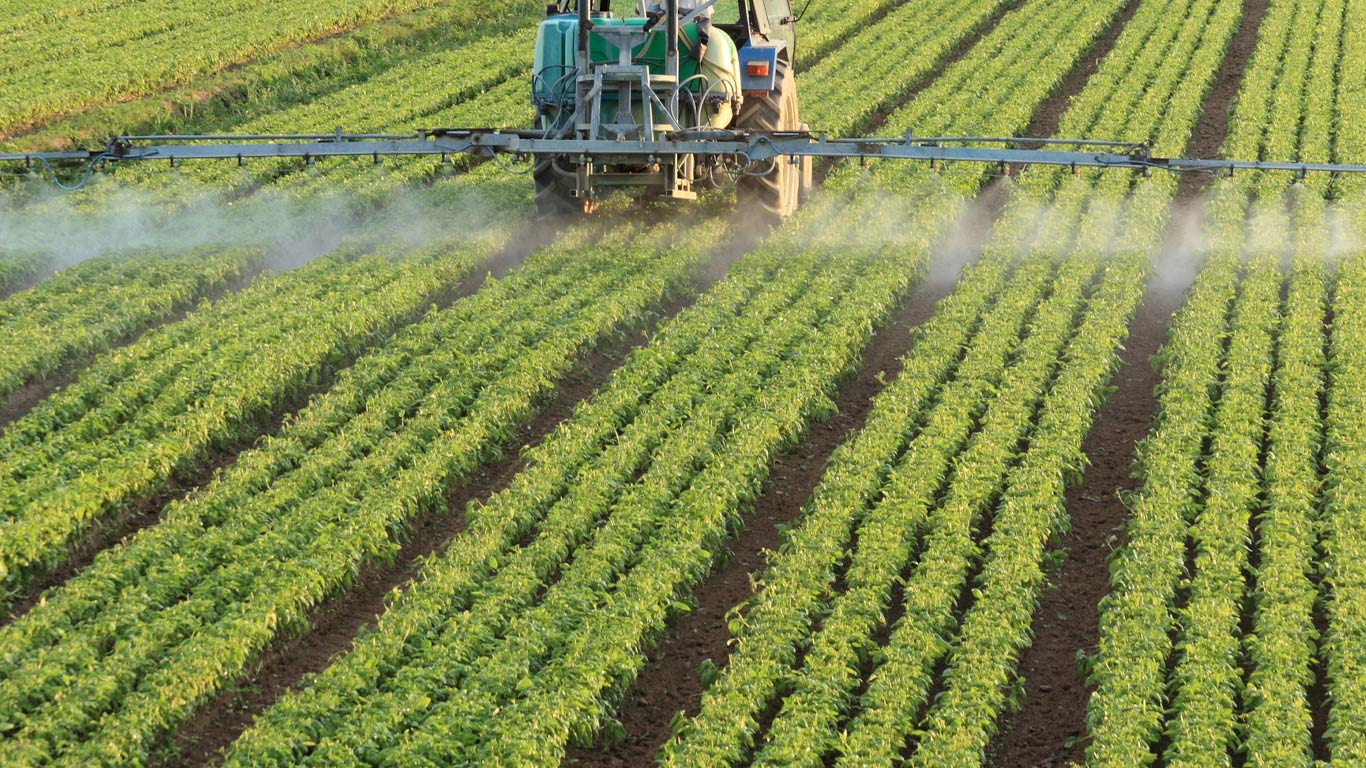
Price Capping Formula Introduced For Phosphatic & Potassic Fertilizers
New Delhi, Jan 31 (KNN) In a move aimed at promoting transparency and fair pricing in the fertilizer sector, the Indian government has introduced a price capping formula for phosphatic and potassic (P&K) fertilizers.
The guidelines, issued under the Essential Commodity Act, come into effect retrospectively from April 1, 2023.
The Director-General of the Fertiliser Association of India (FAI) has been tasked with communicating this decision to all P&K fertilizer manufacturers.
According to the guidelines, differential profit percentages will be allowed based on the category of the companies, with importers receiving 8 per cent, manufacturers 10 per cent, and integrated manufacturers 12 per cent.
The government has specified that the dealer's margin will be permitted up to 2 per cent of the Maximum Retail Price (MRP) for DAP and MOP, and 4 per cent of MRP for other grades.
These guidelines are detailed evaluations for the reasonableness of MRPs under the Nutrient Based Subsidy (NBS) Policy.
Companies fall into three categories—integrated manufacturers, manufacturers, and importers—each subjected to a thorough evaluation of the reasonableness of MRPs. The criteria include the total cost of sales, excluding GST from the assessment.
The government has emphasized that companies must self-assess any unreasonable profit and refund it to the government based on a cost auditor's report and audited cost data approved by the Board of Directors (BOD).
Failure to refund by the October 10 deadline will result in a 12 per cent per annum interest charge from April 1 of the prescribed filing year.
To ensure compliance, companies under the NBS scheme will establish an Audit Committee, following the composition prescribed in the Companies Act, 2013.
The government has also issued guidelines for cost auditors, emphasising transparency, good governance, and compliance with policy parameters.
The audit report will cover various aspects, including details of imported goods, expansion/setup of new plants, capacity utilization, and raw materials consumed during domestic production of fertilizers under NBS.
Non-compliance may lead to a halt in subsidy payments and a daily penalty of Rs 1,000 from October 11 until the required documents are submitted.
(KNN Bureau)

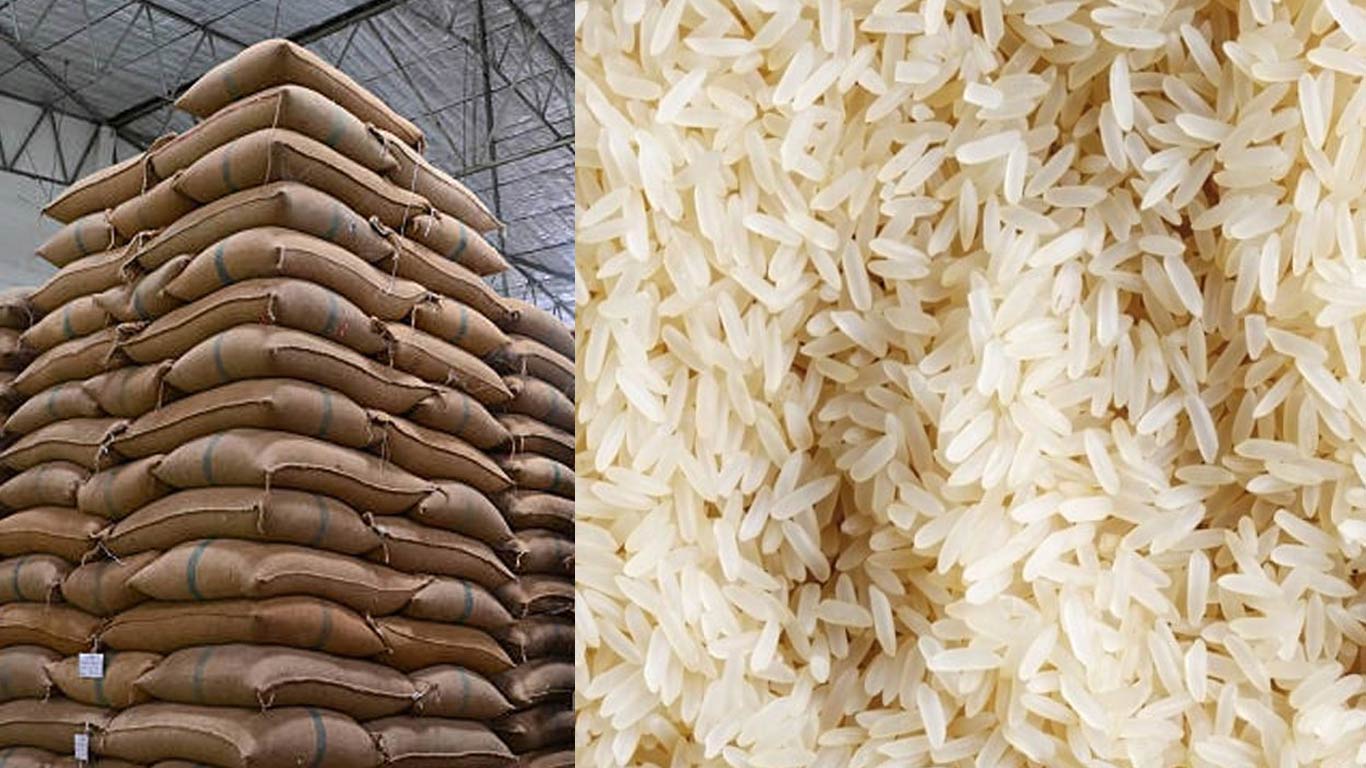
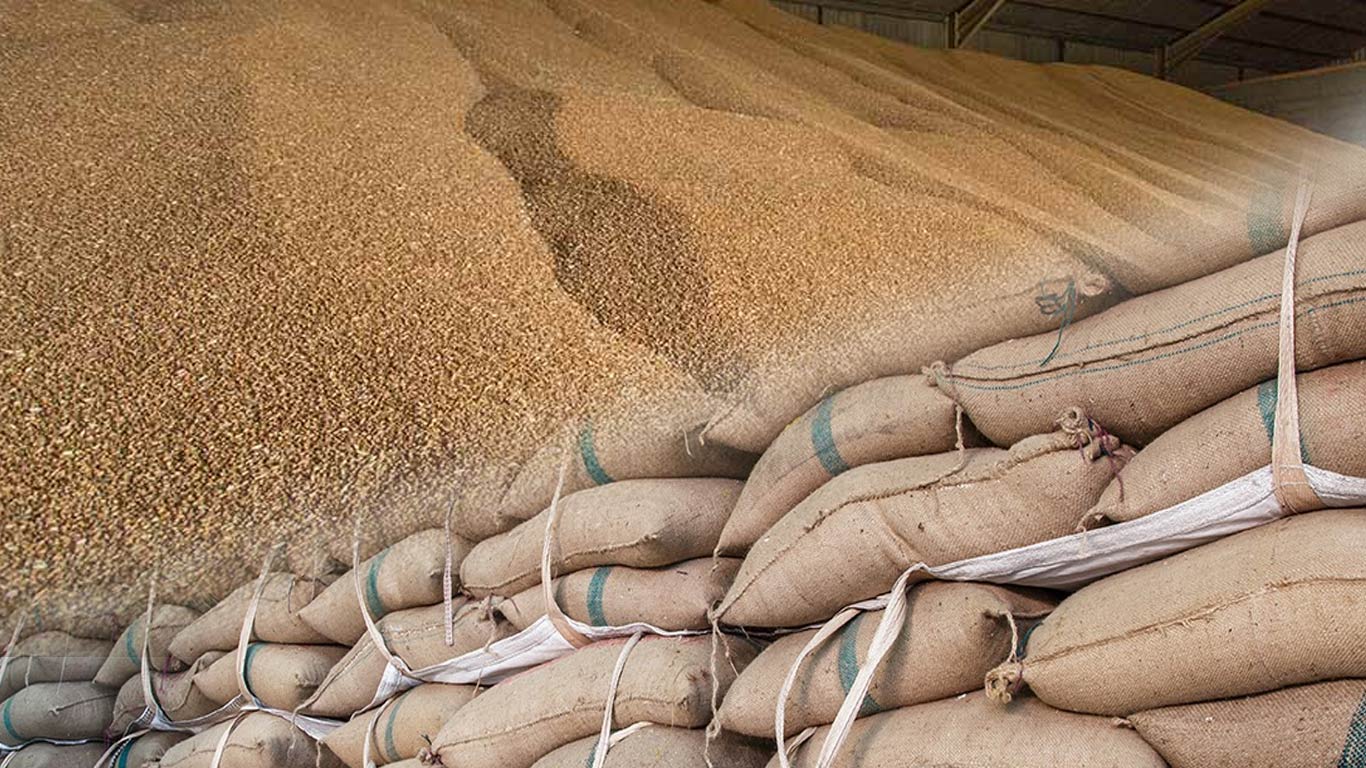
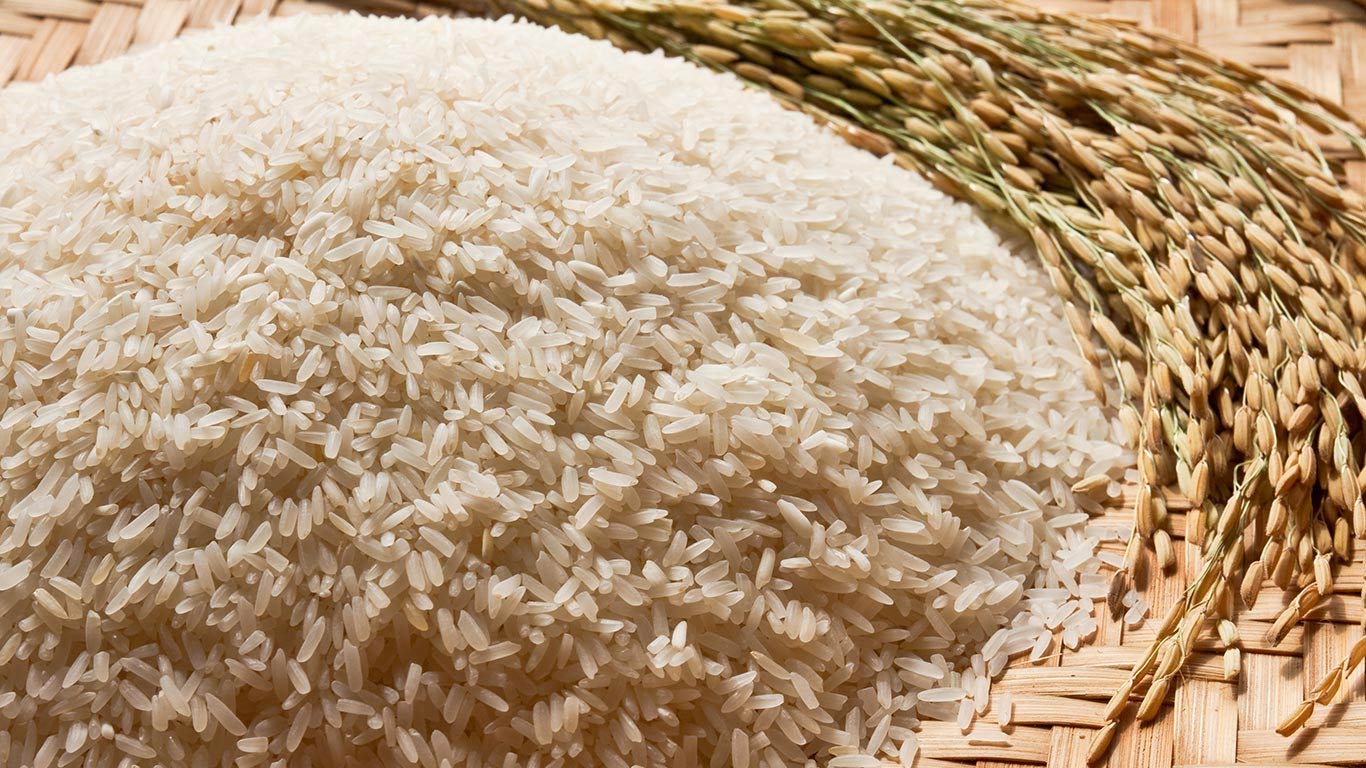
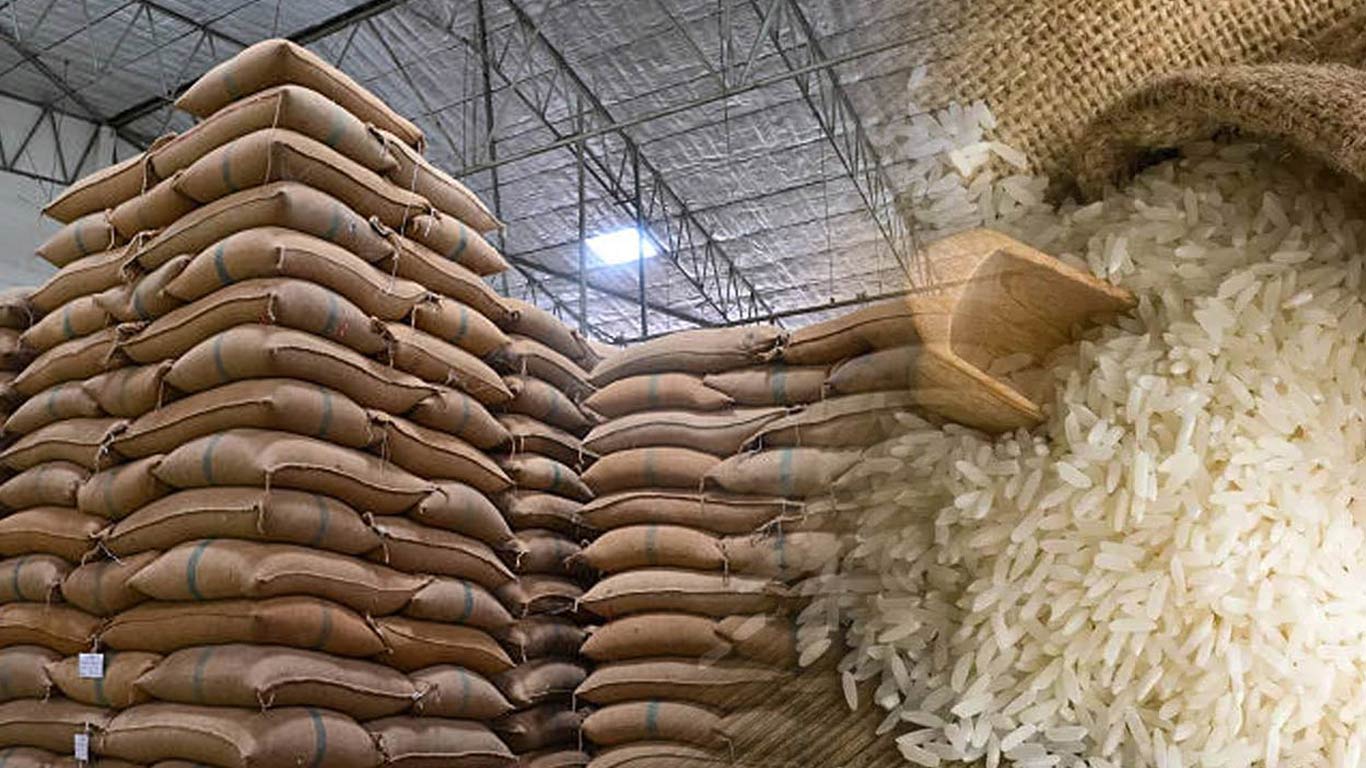
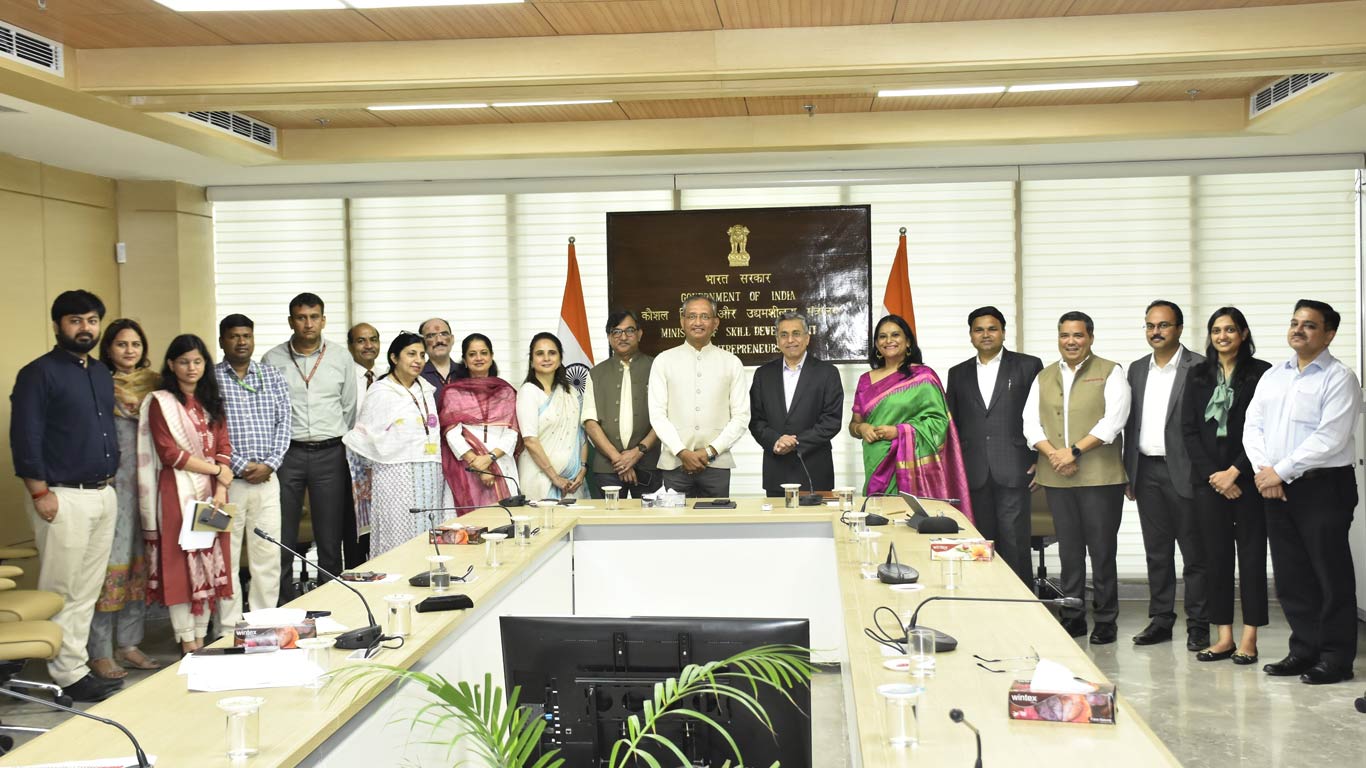





